Is It Heartburn or Something Else?

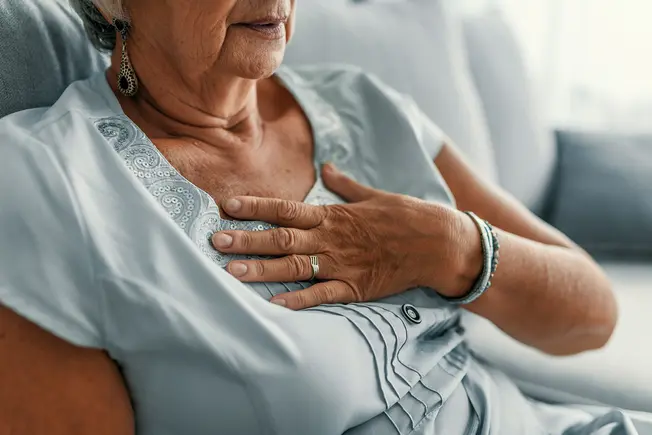
What Heartburn Feels Like
You get this problem when stomach acid moves into a tube called the esophagus, which carries food from your mouth to the stomach. When that happens, you could have a burning pain in your chest. Your throat might burn, and you could have a sour taste in your mouth or a cough. You may also hear it called GERD (gastroesophageal reflux disease), which is heartburn that happens often. But other conditions can have similar symptoms.

Angina
It's easy to confuse heartburn with angina, which happens when not enough blood flows to your heart. But heartburn tends to happen after meals or when you're lying down. Angina is more common after you've been active. The feeling in your chest is more like "tightness" or "squeezing" than the burning pain of heartburn. Angina symptoms mean you're at risk for a heart attack. Call your doctor right away if you have chest pain or tightness.
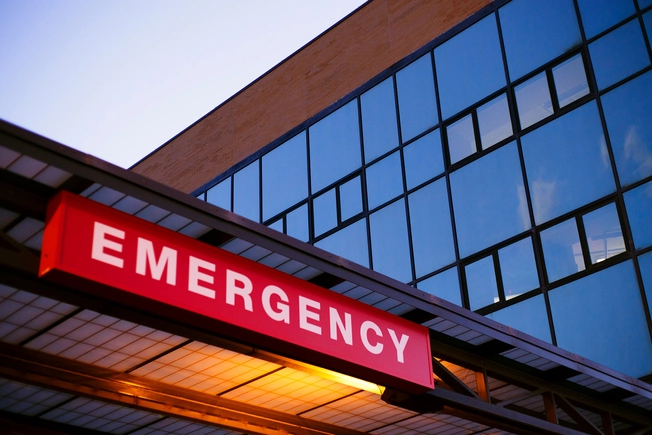
Heart Attack
While heartburn pain stays in your chest or throat, during a heart attack, a squeezing or aching pressure may spread to your arms, back, or jaw. Other heart attack symptoms include shortness of breath, a cold sweat, and feeling dizzy without warning. Women are more likely to also have an upset stomach or throw up. If you think you could be having a heart attack, call 911.
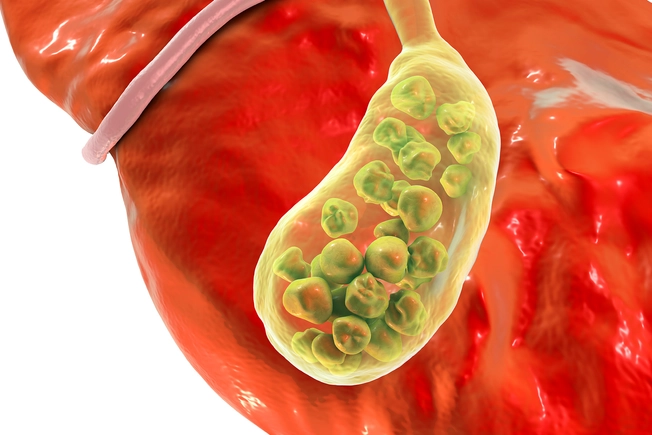
Gallstones
Gallstones are pebble-like bits of cholesterol or digestive fluids (bile) that end up in your gallbladder. If you have gallstones, after a fatty meal you may have heartburn symptoms that can last for hours. You'll likely ache in the center or right side of your belly and could feel pain behind your shoulders or rib cage. If this happens to you, call your doctor or go to the ER. Gallstones often need to be removed right away.
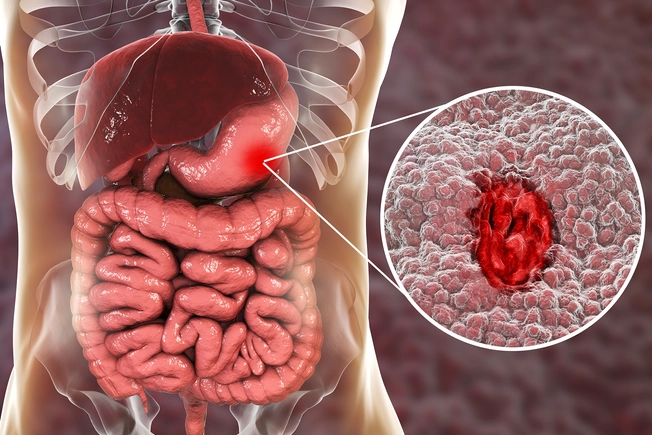
Stomach Ulcer
Sometimes a portion of the lining of your stomach or small intestine breaks down. An open sore, called an ulcer, forms. It can cause burning stomach pain and heartburn that's worse after you eat fatty foods. You'll also have lots of belching and bloating. Your pain may be worse at night and between meals. If you have an ulcer, your doctor can prescribe medication to ease your pain and help your ulcer heal.
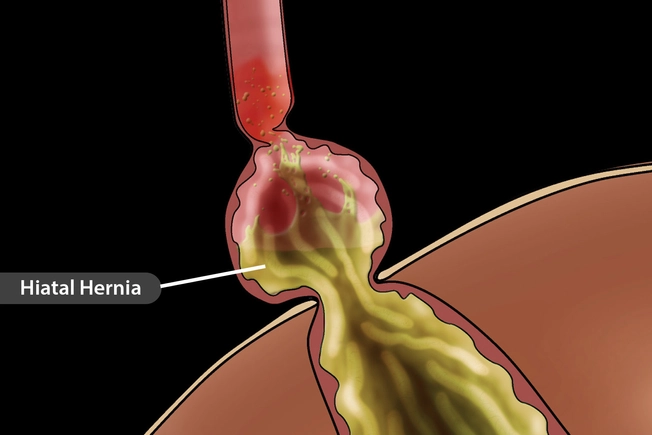
Hiatal Hernia
If the diaphragm, the muscle separating your stomach and esophagus, thins or weakens, part of your stomach may push upward. This allows the acid of your stomach to spill into the esophagus. Acid and even food may come back up into your esophagus and throat. Hiatal hernias can raise your chances of heartburn.

Anxiety
Your brain and gut are closely linked. If you feel stressed or anxious, your heart rate can go up and your breathing can get faster. The flood of hormones that causes this reaction can also upset your stomach. Besides heartburn, you can feel queasy, have diarrhea, or get constipated. Learning to manage your stress through counseling, meditation, or hypnosis may help.
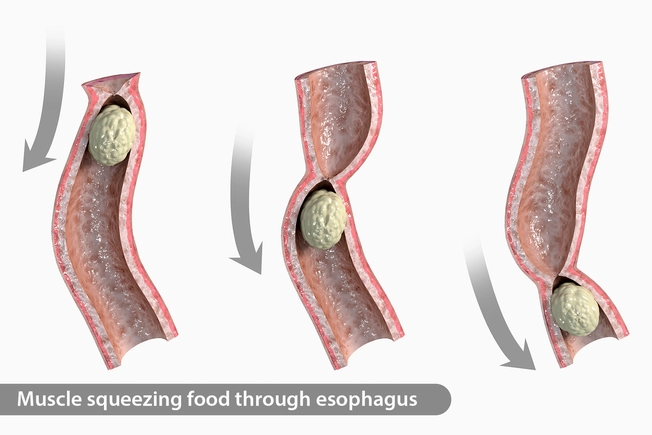
Esophageal Spasm
Your esophagus sends food from your throat to your stomach through tiny muscle squeezes. While rare, sometimes these muscles tighten up when they shouldn't. Esophageal spasms are most common if you're over the age of 60. They can cause intense chest pain, trouble swallowing, and you may feel like something's stuck in your throat. You'll need to see a doctor if you have these symptoms. A drug to relax your throat muscles may help.
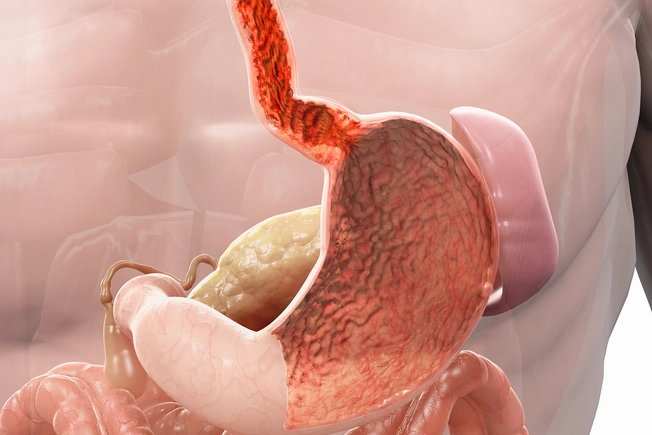
Esophagitis
If the lining of your esophagus gets inflamed, you may struggle to swallow. You can also get pain behind your breastbone and feel like something's "stuck" in your chest. These symptoms will probably be worse when you eat. If you have esophagitis, your doctor may prescribe a pain reliever so you're more comfortable. Your treatment depends on what's making your esophagus so sore. The most common cause of esophagitis is heartburn or GERD.
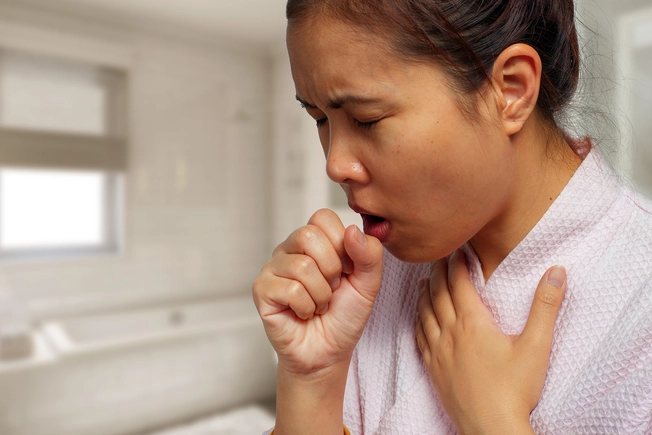
Esophageal Cancer
Long-term heartburn raises your odds of getting esophageal cancer. If your heartburn keeps up despite treatment, your doctor will want to take a look inside your esophagus. They usually do this with a procedure called an endoscopy. Other symptoms of esophageal cancer include trouble swallowing and weight loss. Coughing and hoarseness are common, as is chest pain or pressure. If you have any of these symptoms, see your doctor right away.
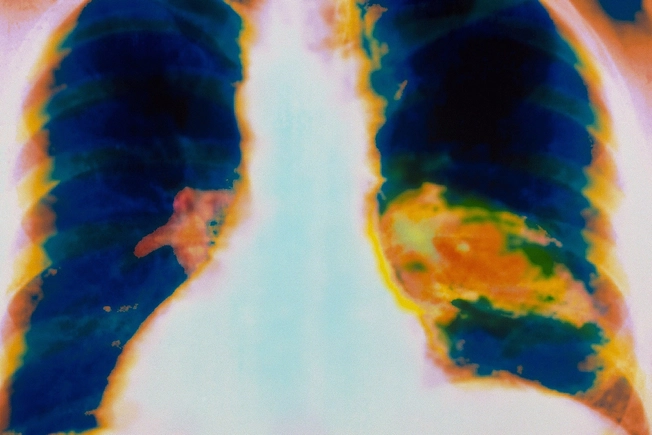
Pleuritis
The tissue that lines your chest and surrounds your lungs can get inflamed for many reasons. This condition is called pleurisy, or sometimes "pleuritis." Depending on where the inflammation is, it may feel like heartburn, but it will get worse when you breathe, cough, or sneeze. Some people also run a fever. If you have pleurisy, your doctor will need to treat its cause. They can also help you manage the pain.